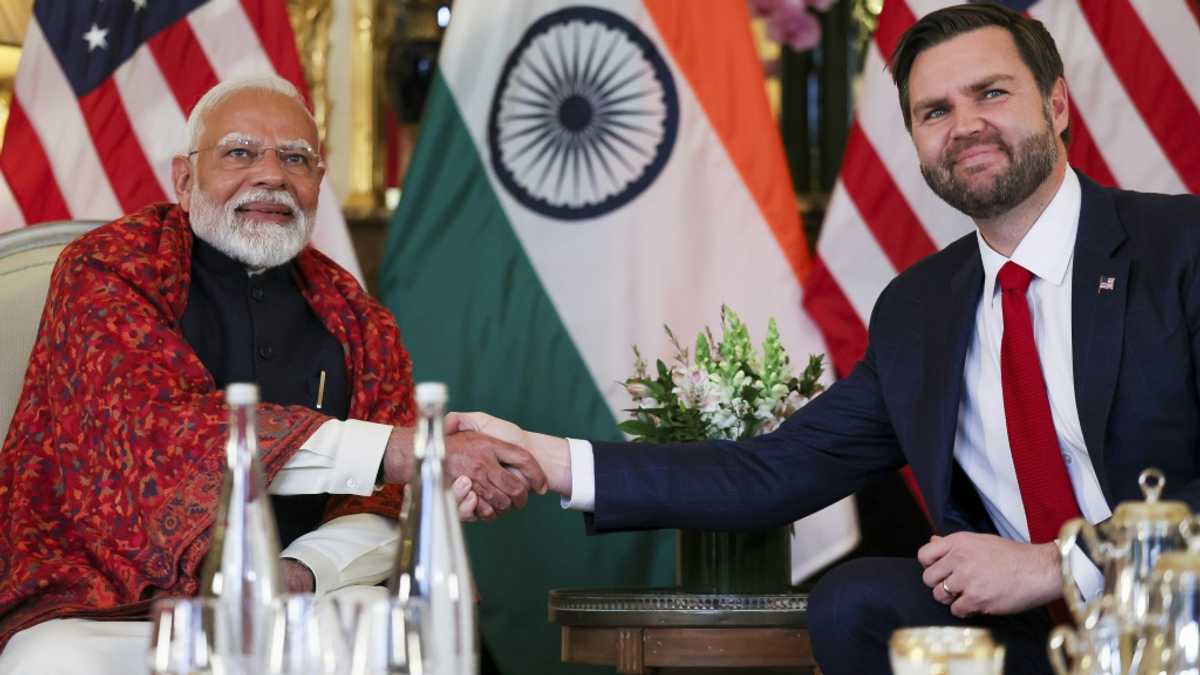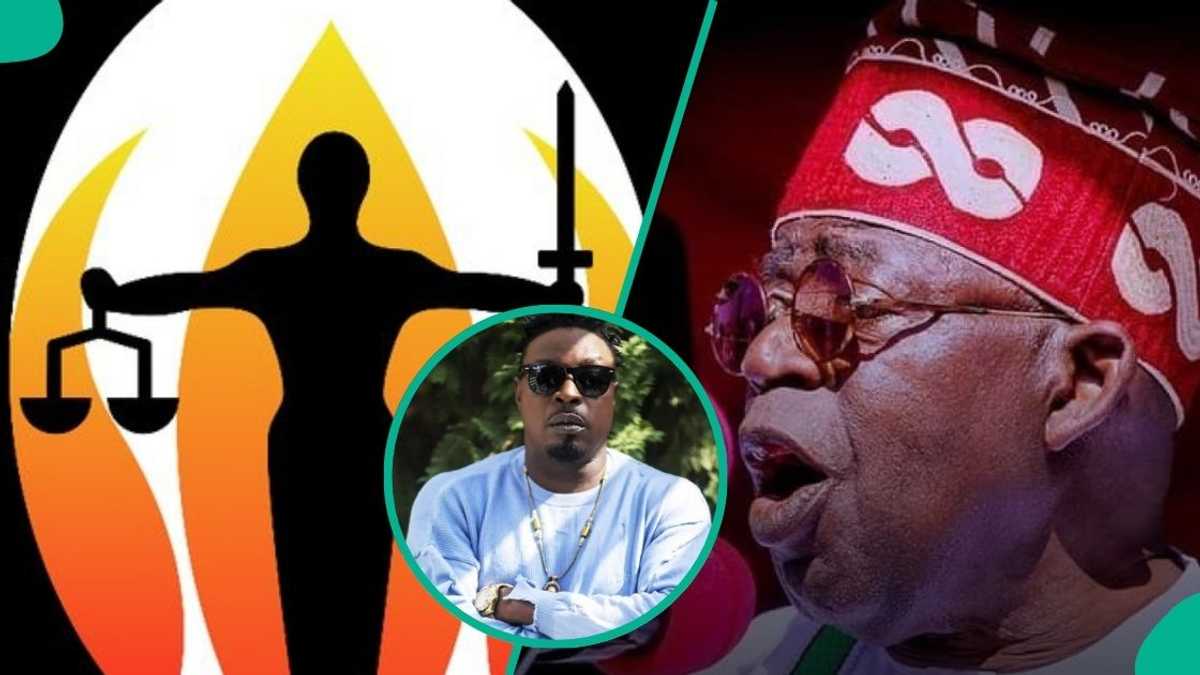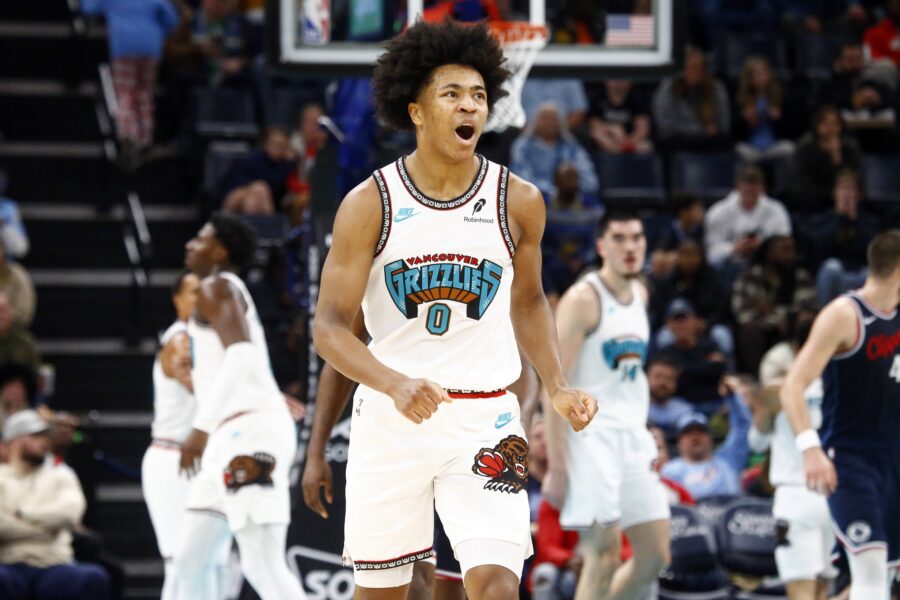Career insights on breaking into games law
Get Industry News In Your Inbox…
Sign Up Today
Isabel Davies is a senior associate in the interactive entertainment team at media, tech and IP law firm Wiggin LLP. She has worked in and for video games companies for over a decade.
Davies is ranked as a ‘star associate’ in Chambers & Partners UK and a ‘leading associate’ in the Legal 500.
In this article, Davies discusses how she became a video games lawyer and offers tips for the next generation of aspiring games solicitors in the UK.
I studied law at the University of Nottingham, but it wasn’t until my final year that I started to explore the idea of becoming an interactive entertainment lawyer. Up until that point, I was unsure if I even wanted to be a lawyer or if I wanted to explore another career path. Then it struck me that if I could combine my lifelong love of video games with my degree, it could be a happy combination.
While at university I had done a lot of student radio, as well as journalism, particularly around the games industry.
While at university I had done a lot of student radio, as well as journalism, particularly around the games industry. This gave me an opportunity to gain some initial media and entertainment experience.
Towards the end of my final year, I applied for a year-long internship in the commercial team of Disney Interactive. I thought it would be a great way to start building experience of working in the business side of the industry. It was my student radio and journalism experience that had caught the eye of the hiring team, less so my degree.
After around six months into my time at Disney, I asked my boss if I could spend some time with the legal team. Thankfully, he was very encouraging and I was lucky enough to be involved in lots of interesting regulatory work, including around the just-introduced OFT’s Principles for online and app-based games.

When my time at Disney was wrapping up, I had applied for a few paralegal roles but none that were successful. I then spotted a listing for a corporate paralegal role at King. Although I had no corporate law experience - think mergers, acquisitions and other company matters – the opportunity to work at King was too good to pass up, so I applied.
The hiring team reached out to me and said that my experience would probably be a better fit for a role they had not listed yet – the commercial, product and privacy paralegal. This role would involve commercial contract work as well as working on video game regulatory issues. In short, a role I was much better suited for given both my commercial and legal experience at Disney.
The opportunity to work at King was too good to pass up, so I applied.
I had been following Jas Purewal, a well-known video games lawyer, on Twitter for some time. He was one of the most active and entrepreneurial video games lawyers in the UK, and he had founded his own specialist video games law firm whilst I was working at King – Purewal & Partners.
I was fortunate that two of my King colleagues had worked with him earlier on in their career and were happy to introduce me. Jas and I met several times before he offered me a position at his firm which, if all went well, would turn into a training contract – a two-year period of training required to become a solicitor – and thankfully it worked out!
My time at Purewal & Partners was an amazing experience. We got to work with some of the country’s leading games studios, as well as work on some cutting-edge work in areas such as esports and content creators. Being at a smaller firm also meant I had a much higher level of responsibility than I likely would have had at a larger firm.
It was definitely not a traditional training route; ultimately I had to be proactive in making sure I was keeping up with all the necessary requirements, but I think in a lot of ways training at a small firm gave me a unique perspective and a lot of autonomy.

Of course most people will not train at such a small and specialist firm. I definitely took a calculated risk when I joined Purewal & Partners, but I had a lot of trust in Jas and Pete Lewin – who had joined six months prior – and thought we would work well together.
Most people I work with now did much broader, more traditional training and specialised later on – see more on this at the end!
In November 2020, Purewal & Partners was acquired by Wiggin LLP. Although the thought of being part of a larger firm was scary, I already knew quite a lot of people at the firm which made the transition a lot easier.
It’s great to be a part of a larger, supportive team as well as benefiting from subject matter experts across a whole range of legal issues, e.g. employment, corporate, IP. It means I get to really focus on the core games work as well as collaborating with hugely talented lawyers.
I could be doing anything from reviewing a game for monetisation issues, reviewing a publishing agreement, drafting a game EULA or advising on the application of age ratings.
I am lucky to work with independent games studios – who often have no internal legal support – all the way up to some of the very largest games companies – who often have big in-house legal teams – so the day-to-day and the people I work with can be very different.
I primarily do a mix of commercial and regulatory work, increasingly focusing on the latter, but all centered on the games industry. My in-house background in particular means I do a lot of work in mobile, multiplayer and free-to-play.
On an average day, I could be doing anything from reviewing a game for monetisation issues, reviewing a publishing agreement, drafting a game EULA or advising on the application of age ratings. I also frequently write articles and present at events, so naturally this involves time and planning as well!
If you want to find out more about being an interactive entertainment lawyer, check out our talk for Legal Cheek from a couple of years ago.

For those looking to enter this field, here are some insights based on my own experiences:
Wiggin offers training contacts which you can find on Wiggin's trainee page. It’s important to note that, you don’t have to have studied law at university to apply at Wiggin!











